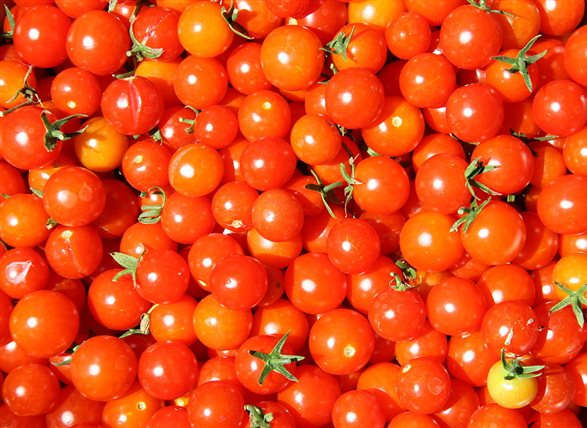Car giant Ford and foodstuffs manufacturer Heinz aim to leave the rest of the motor industry playing ‘ketchup’ as they explore the use of tomato fibres in the next generation of plastics used in Ford vehicles.
Don’t check the date on this article – it isn’t April the 1st – and the latest scheme follows on from a multi-corporation collaboration in 2012 between Ford, Heinz, the Coca-Cola Company, Nike, and Procter & Gamble to develop sustainable plant-based plastics for manufacturing.
In the latest venture researchers at Ford are exploring the durability of a bio-plastic material manufactured in part from the dried tomato skins, stems, and seeds that are left over from the production of Heinz Ketchup. Ford hope the sustainable composite could have potential usage in producing wiring brackets, and interior plastic holders and storage bins in their vehicles.
Ford plastics research specialist Ellen Lee said: “We are exploring whether this food processing by-product makes sense for an automotive application. Our goal is to develop a strong, lightweight material that meets our vehicle requirements, while at the same time reducing the overall environmental impact”.
Ford already uses sustainable materials in its vehicles, for example recycled cotton in its carpet and seat fabric, soy foam in seat padding, and coconut-based composites.
Click here to sign up for our monthly newsletter
| Popular news stories |
||||||
 |
 |
 |
 |
|||








